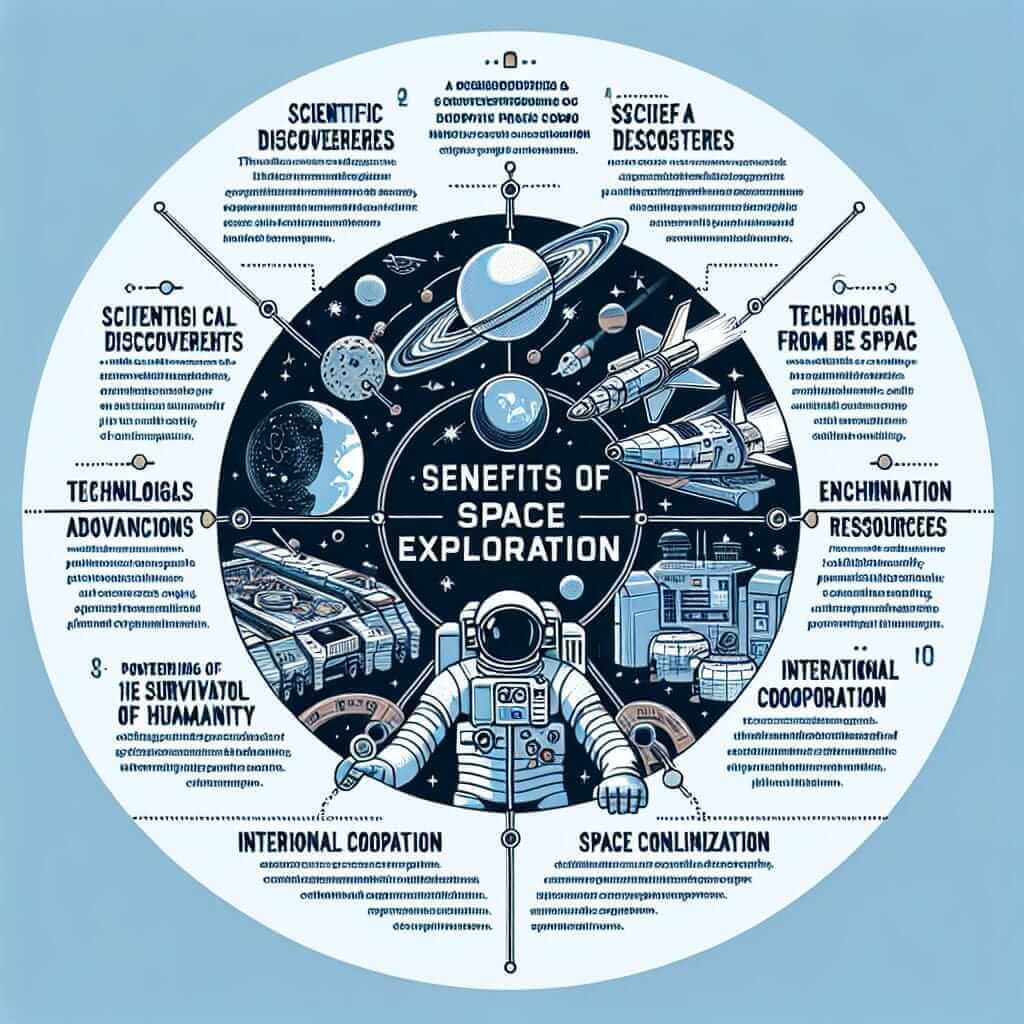Introduction
As an IELTS instructor with over two decades of experience, I often find students grappling with complex reading passages, particularly those exploring scientific concepts like space exploration. One such topic that frequently surfaces in IELTS Reading is “Why Do We Explore Space?”. This theme delves into humanity’s fascination with the cosmos, the scientific advancements driving our pursuit, and the potential benefits and drawbacks of venturing beyond Earth.
This article serves as your comprehensive guide to tackling IELTS Reading passages related to space exploration. We will dissect common themes, analyze question types, and equip you with the skills to confidently navigate this fascinating subject area.
Understanding the Significance of Space Exploration in IELTS Reading
The IELTS exam evaluates your ability to comprehend and analyze complex texts. Passages about space exploration are chosen because they often:
- Present challenging vocabulary: Expect to encounter technical terms related to astronomy, physics, and engineering.
- Explore abstract concepts: The passage might discuss theories about the universe’s origins, the search for extraterrestrial life, or the ethical implications of space travel.
- Feature argumentative structures: Authors may present arguments for and against space exploration, requiring you to identify different viewpoints and supporting evidence.
Navigating “Why Do We Explore Space?” Passages
1. Identifying Key Themes
Begin by skimming the passage for headings, subheadings, and keywords. Look out for themes like:
- Scientific Discovery: The quest for knowledge about planets, stars, galaxies, and the origins of the universe.
- Technological Advancement: How space exploration fuels innovation in materials science, telecommunications, and more.
- Resource Acquisition: The potential for finding valuable resources on other celestial bodies.
- Human Survival: Exploring the possibility of inhabiting other planets as a safeguard for humanity’s future.
- International Cooperation: The collaborative nature of space exploration and its role in fostering global unity.
2. Analyzing Question Types
Familiarize yourself with common question types in the IELTS Reading section:
- Multiple Choice: Choose the correct answer from a list of options.
- True/False/Not Given: Determine if statements align with the information in the passage.
- Sentence Completion: Fill in blanks using words from the passage.
- Matching Headings: Match headings to paragraphs or sections of the passage.
- Summary Completion: Complete a summary of the passage with suitable words.
3. Developing Effective Reading Strategies
- Skimming: Quickly read through the passage to grasp the main idea and overall structure.
- Scanning: Locate specific information by searching for keywords related to the questions.
- Paraphrasing: Practice rewording sentences from the passage to ensure comprehension.
Example from IELTS Reading
Let’s consider an example:
Passage Excerpt:
“The exploration of space has often been justified by the pursuit of scientific knowledge. Astronomers argue that by studying other planets and stars, we gain a deeper understanding of our own planet and its place in the cosmos. This knowledge can have practical applications, such as helping us to predict and potentially mitigate threats from asteroids or solar flares.”
Question: What is one reason given in the passage for why we explore space?
Answer: To gain a deeper understanding of our own planet and its place in the cosmos.
 Benefits of Space Exploration
Benefits of Space Exploration
Tips for Success
- Expand your vocabulary: Familiarize yourself with common space exploration terms.
- Practice reading scientific articles: Look for articles in reputable sources like National Geographic, Scientific American, and NASA.
- Focus on understanding the author’s purpose: Are they presenting a balanced view or advocating for a particular perspective?
- Manage your time effectively: Allocate sufficient time for reading and answering questions.
Conclusion
Successfully navigating “Why Do We Explore Space?” passages in IELTS Reading requires a combination of vocabulary building, strategic reading techniques, and familiarity with question types. By following the tips outlined in this article and consistently practicing your reading comprehension, you can approach this challenging topic with confidence and achieve your desired IELTS score.


